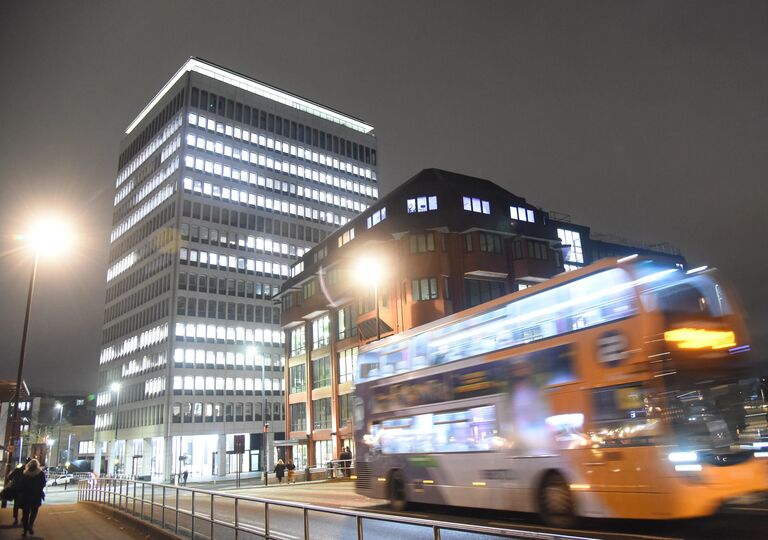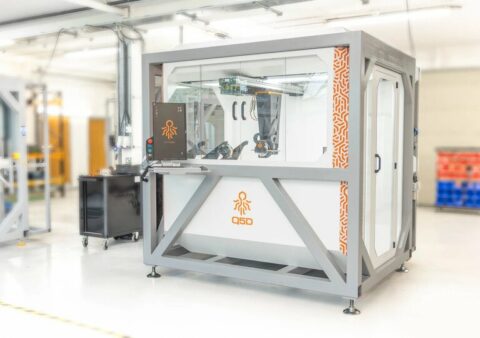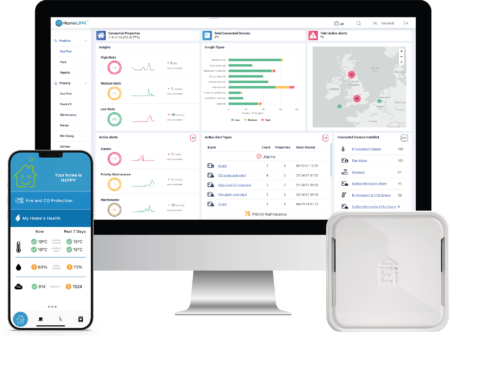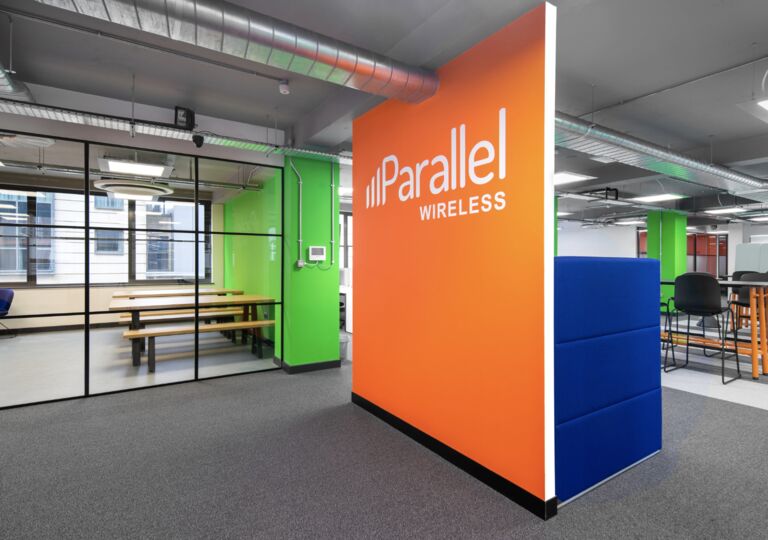Digital & Tech case study: HP Security Lab

HP Security Lab - Leading cybersecurity research from Bristol
 HP has a long-standing tradition of innovation and collaboration, particularly in cybersecurity. Since the mid-1990s, HP’s Security Lab in Bristol has been at the forefront of global research into endpoint device and infrastructure security. As HP’s global hub for security research, the Bristol Security Lab continues to advance cybersecurity technologies while collaborating with universities, customers, and the wider tech community.
HP has a long-standing tradition of innovation and collaboration, particularly in cybersecurity. Since the mid-1990s, HP’s Security Lab in Bristol has been at the forefront of global research into endpoint device and infrastructure security. As HP’s global hub for security research, the Bristol Security Lab continues to advance cybersecurity technologies while collaborating with universities, customers, and the wider tech community.
HP Labs was first established in Bristol in 1984, with a shared legacy prior to the division of Hewlett-Packard into two separate companies in 2015. Post-separation, HP Inc. was formed, and the HP Security Lab became a key element of HP’s research agenda. In 2018, HP relocated its Security Lab to its current premises at One Redcliffe Street, in the heart of Bristol city centre. This location now serves as the global hub for security research and innovation within HP.
“With strong academic and industrial connections, Bristol and the south west continues to be a great location for tech talent and leadership.”
 Image credit: HP
Image credit: HP  Image credit: HP
Image credit: HP Key achievements
The HP Security Lab in Bristol has played a central role in advancing the field of cybersecurity for over two decades. A few notable milestones include:
Trusted computing pioneer
In the mid-1990s, HP's Bristol-based team contributed to the founding of the Trusted Computing Platform Alliance (TCPA). This effort was pivotal in establishing security standards, which evolved into the Trusted Computing Group (TCG) in 2004. HP’s Security Lab has chaired the TCG technical committee since its inception, leading the development of security standards that protect computers worldwide.
Industry firsts in security
The Bristol lab was pivotal in HP’s creation of ground breaking technologies, including HP Sure Start—the world’s first self-healing BIOS, a critical layer of firmware that underpins device security. This innovation greatly strengthened the resilience of PC and printer firmware against cyber threats.
Quantum-resistant security
Most recently, the Bristol team spearheaded the design of HP’s business PCs equipped to defend against quantum computing threats. These PCs are the first in the world to offer protection for firmware integrity against the risks posed by quantum computing, demonstrating HP’s commitment to staying ahead of future cybersecurity challenges.
Collaborations and partnerships
HP’s Security Lab in Bristol thrives through collaboration with academia, government agencies, and industry partners. Through joint research, workshops, and threat analysis, the lab offers valuable insights into emerging cybersecurity trends. Its malware lab focuses on hardware and firmware-level threats, sharing findings with the broader cybersecurity community via resources like the HP Wolf Security Blog.
By demonstrating its success and innovation in the Bristol and Bath area, HP highlights the region as a prime destination for international businesses looking to tap into its talent and collaborative ecosystem.
Support in the region
HP’s decision to base its global Security Lab in Bristol stems from the region’s vibrant cybersecurity ecosystem. Bristol provides a dynamic environment, rich in academic and industry talent, with strong links to both UK and European tech hubs. Being part of this thriving community enables HP to engage with cutting-edge research while attracting top cyber talent. The lab’s location allows HP to create connections with local universities and key players in the tech ecosystem, further solidifying its global leadership in security innovation.





